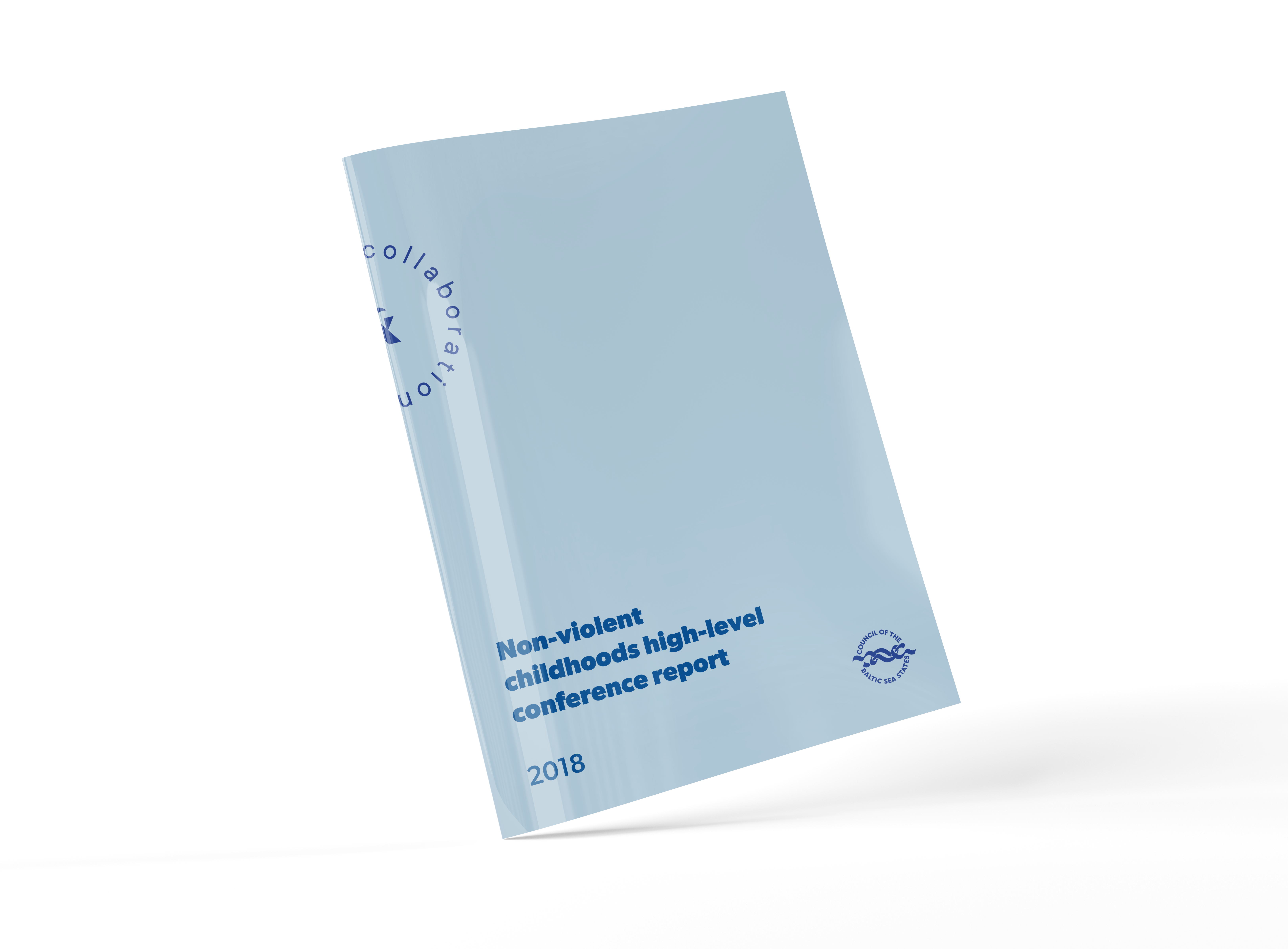
The conversation about children’s rights has been a long one. Many people understood that it was not acceptable to punish children physically at school and in public spaces before understanding the harm this caused to children in domestic settings. Discussions and actions which got a stronger focus in the Baltic Sea Region in the late 70s have since led to many countries introducing laws against corporal punishment in all settings. This led to an overall reduction in corporal punishment and a greater understanding that these actions are not acceptable to society at large. This is of course to be applauded.
The Baltic Sea region is a model region in the world with 10 out of 11 countries having a legal prohibition against corporal punishment. However, too many children are still being beaten, smacked, threatened and humiliated and corporal punishment against children remains a huge challenge. Only 10% of the world’s one billion children live in countries where the lawfully protects them from violent discipline and at least half of the world’s children experience violence during childhood. Some studies estimate the cost of violence against children at a staggering 7 trillion USD a year.
At a high-level conference in November 2018 in Stockholm one president, ministers, policy-makers and representatives from child ombudsmen´s offices, academia and international and national organizations and institutions reflected upon the regional and global situation and gave their recommendations. Six guidance reports, a comic book and a campaign were launched at the conference. The main recommendations, key messages and excerpts from the speeches are included in this report.
The conference was an important milestone marking the achievements the Baltic Sea region has made in inspiring other regions and countries to act on this issue. It also marked the mid-point between the last global conference organized by the government of Malta in May 2018, and in Tunisia in 2020. The high-level conference was organized by the Council of the Baltic Sea States and co-hosted by the UN Office of the Special Representative of the Secretary-General on Violence against Children and the Swedish Government.